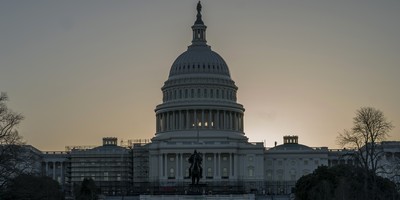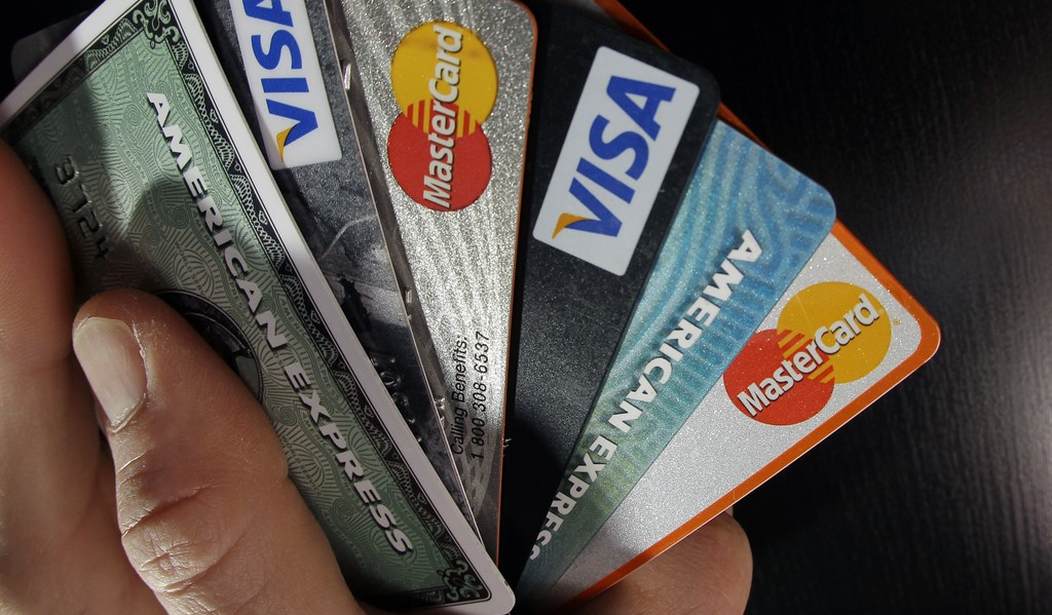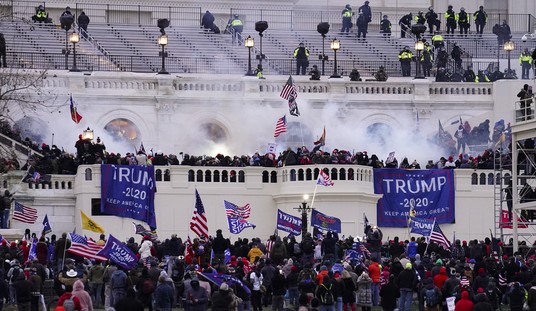The Senate Judiciary Committee is soon set to consider legislation that would help level the playfield between Wall Street and Main Street. Up for debate is the Credit Card Competition Act, which would rein in the high “swipe fees” businesses pay to the big banks and financial services giants every time a customer uses a credit card.
For restaurant owners like me that operate under notoriously thin profit margins, the stakes couldn’t be higher. Getting the legislation over the finish line would be a game-changer.
“Swipe fees” are a huge thorn in the side of the small business community. Despite being mostly hidden from customers, the charges often amount to the second-highest operating expense behind labor costs. In 2022, for example, businesses paid an astonishing $130 billion in swipe fees, which is more than double the amount compared to a decade ago. (It's a result of increased rates and more frequent credit card use.)
Unlike large corporate chains, small businesses have razor-thin budget margins, which means these ballooning fees have a more direct impact on workers and customers. Money that goes to the big banks and credit card companies to cover “swipe fees” are financial resources that could have otherwise been used to—in the case of my restaurant—hire more staff, raise employee wages, or even keep menu prices down for consumers.
The bleak scenario small businesses find themselves in is a result of consolidated market power. Just two credit card networks—Visa and Mastercard—control 80 percent of the payments arena. That means the corporate giants are able to increase transaction costs for small businesses with little to no resistance. Unlike the restaurant industry, which enjoys a vibrant marketplace where businesses compete to attract consumers, Visa and Mastercard have boxed out the competition.
Recommended
That’s where the Credit Card Competition Act would come into play. If passed, the bill would require big banks with more than $100 billion in assets to include at least two unaffiliated credit card networks on the cards it issues to customers. There are plenty of other payment options—including NYCE, Star, or Shazam—that could throw their hat in the ring to compete against the Visa-Mastercard duopoly.
So, in practice, what does that mean to small business owners like me? When a customer swipes a credit card, merchants would have more options on how to process the transaction. The free market would take it from there. Credit card networks would be forced to compete for a restaurant’s business--lowering "swipe fees" in the process and saving businesses an estimated $15 billion annually.
And unlike many other pieces of legislation introduced in Congress, the Credit Card Competition Act has a path to passage. It enjoys strong bipartisan support. Co-sponsors include everyone from Democratic Whip Dick Durbin (D-IL) to strong conservatives like Sens. Josh Hawley (R-MO), Roger Marshall (R-KS), and J.D. Vance (R-OH).
For too long, the scales have been titled away from Main Street because of a lack of competition on Wall Street. The Senate Judiciary Committee now has an opportunity to champion small businesses by calling attention to a proposal that will act as a counterweight.
Carlos Gazitua is the president and CEO of Sergio’s restaurant in Miami, and a partner of the Job Creators Network Foundation.























Join the conversation as a VIP Member